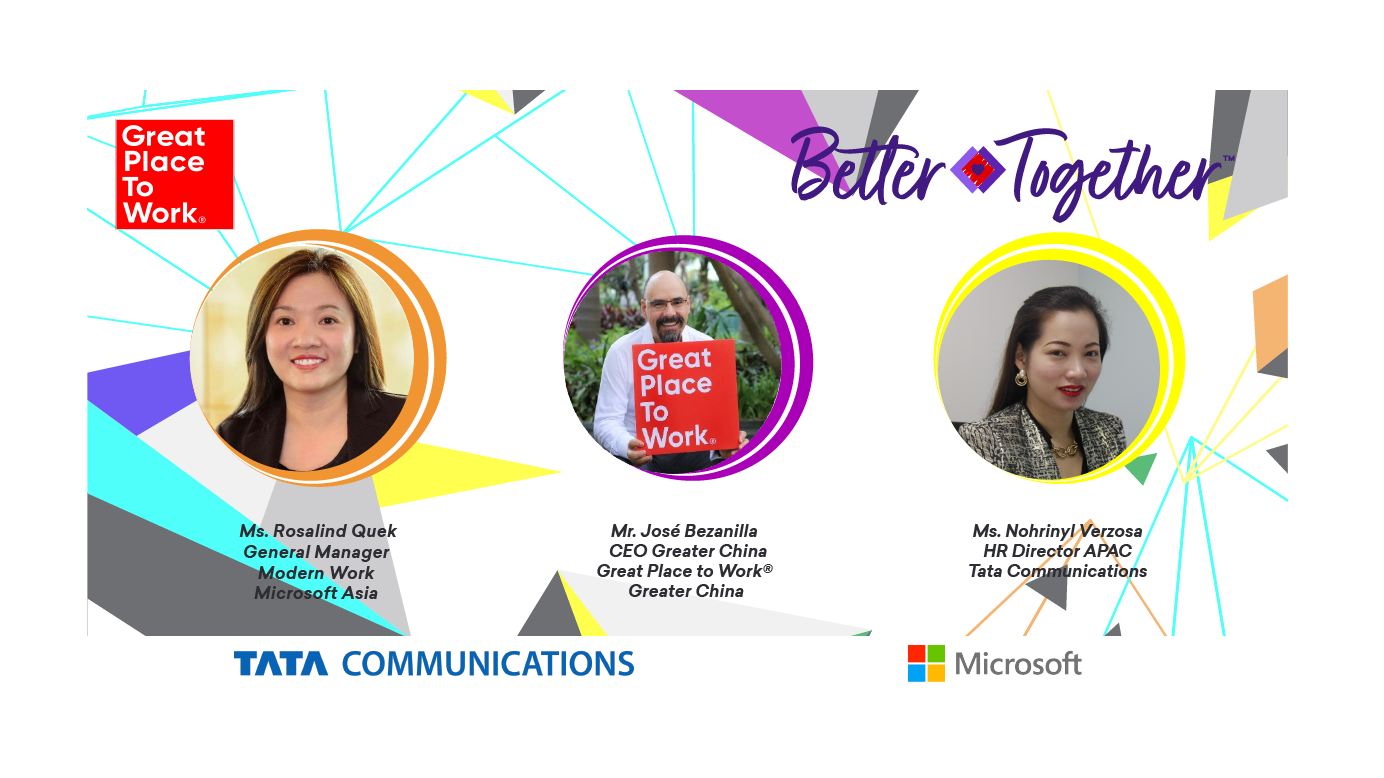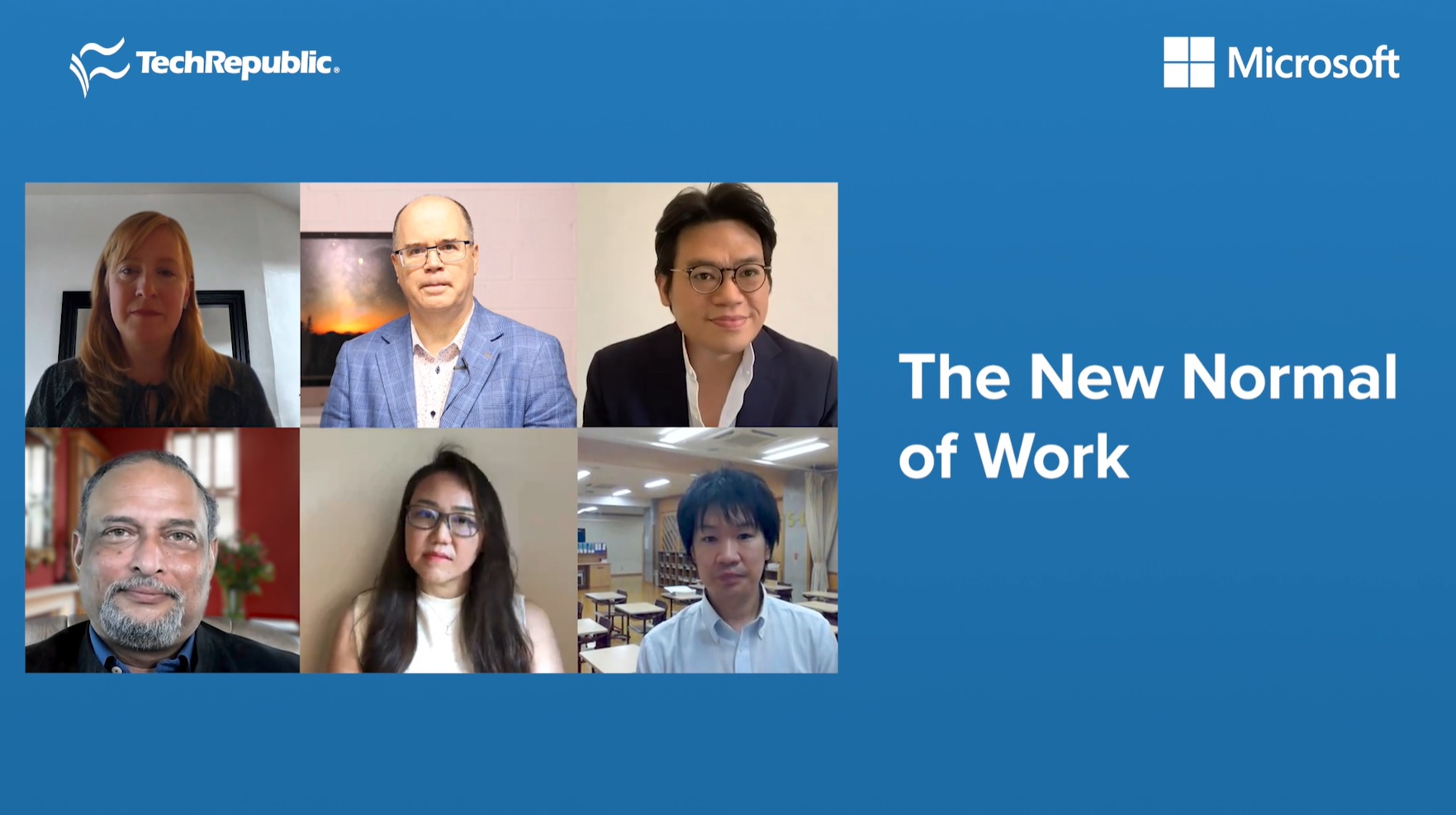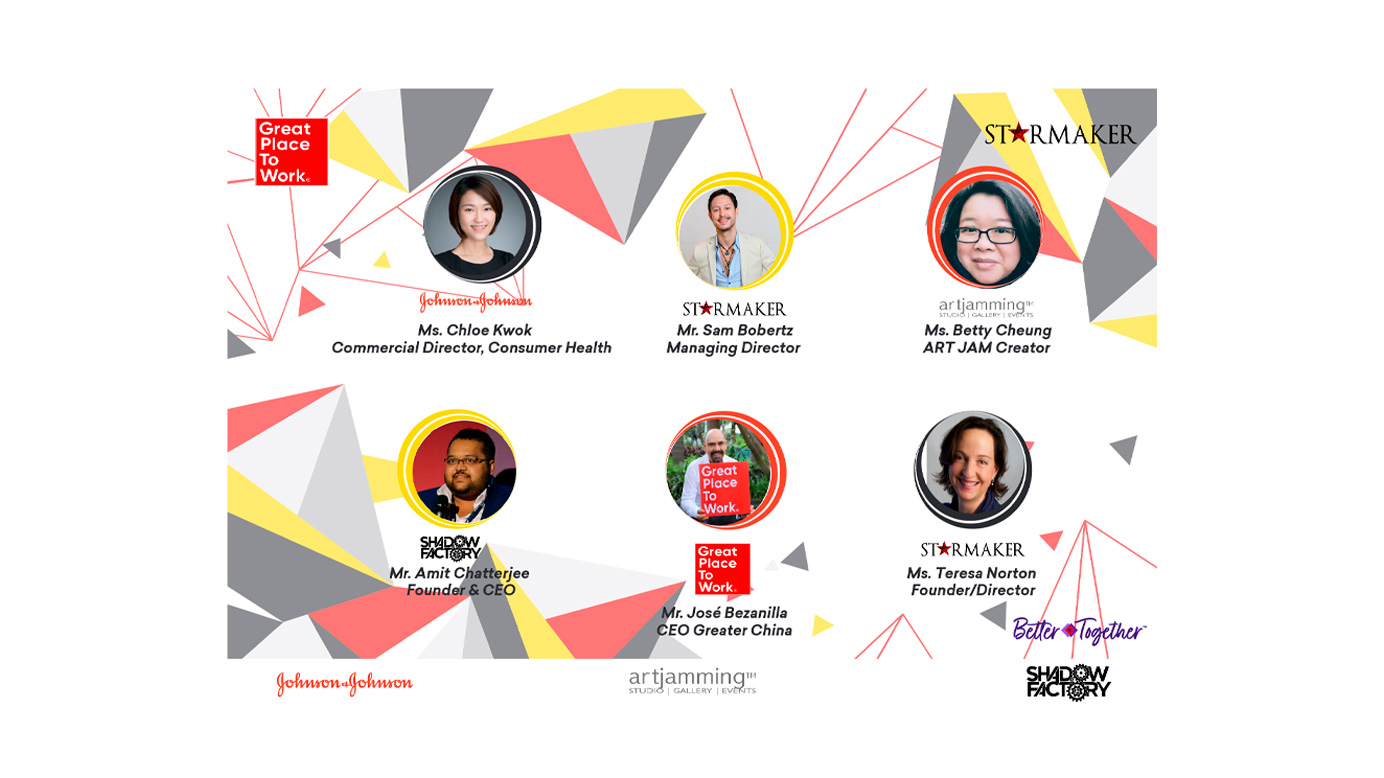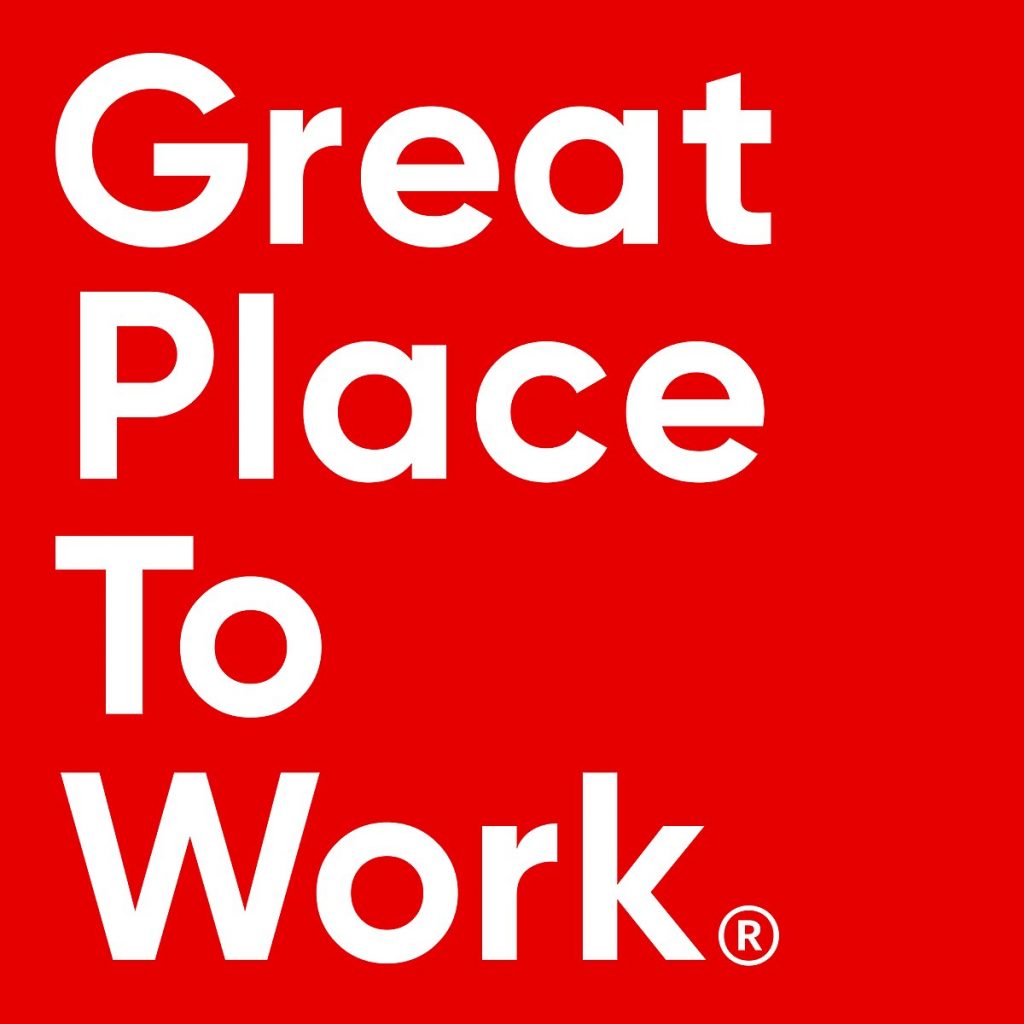COVID-19 has taken a toll on Holly Petroff’s wellbeing. One that took a while for her to realize.
Petroff, executive vice president at Great Place to Work®, told attendees of our weekly “Together” webinar that she was going full-steam at the outset of the “shelter-at-home” period last month. She even teased her husband for taking naps and going to bed earlier than usual.
Soon after, though, the stress of living through the pandemic caught up with her. She found herself unable to accomplish the tasks she’d planned for a particular weekend. She even needed a nap.
“I was the one who hit the wall,” she said. “I realized that I needed to do a better job–we needed to do a better job–of supporting our mental health.”
Holly shared this story to underscore how important it is for leaders today to attend to the emotional wellbeing of employees. The April 17, 2020 edition of “Together” was devoted to the subject of mental health, as Holly and other Great Place to Work leaders shared personal stories as well as insights from the data we are gathering from clients.
The coronavirus crisis has made mental health a major concern for Americans and people across the globe. Fully 45 percent of American adults say the COVID-19 pandemic has affected their mental health, with 19 percent reporting that it has had a “major impact.”
These findings are not surprising, given how the disease raises fears of death, of losing loved ones, and of losing livelihoods as social distancing efforts have dramatically slowed the economy.
But there’s hope. High-trust, inclusive organizations are finding ways to care for mental health in the workplace—which in turn is enabling those organizations to thrive. This is true even in industries where the pandemic is putting immense pressure on employees and leaders.
DHL keeps its employees’ health in check during the crisis
DHL Express, for example, has employees in more than 200 countries. These employees deliver packages across the globe, keeping commerce moving despite the presence of the deadly virus. DHL leaders have taken pains to protect employees’ physical health as well as their mental wellbeing. For example:
- Communicating safety protocols
- Sending motivational messages to employees through their package scanning devices
- Offering virtual yoga classes and facilitated meditation sessions.
DHL recently sent out a Great Place to Work employee survey which captured how their people are coping through the coronavirus crisis. DHL employees described their workplace with words such as “care,” “camaraderie,” “family” and “well-being.” And with emotionally healthy employees, the company’s performance is stellar. Its current on-time delivery rate is higher than 99 percent.
How should leaders tackle the mental health issue? Here are three keys from our recent webinar:
3 strategies for better mental health in the workplace
1. Double down on 1:1s
Supporting people’s mental health must be individualized. Employees’ ability and willingness to share how they are during the COVID-19 period varies tremendously.
Connect with your people individually to learn how to assist with emotional wellbeing. Leaders should not pry into employees’ personal lives, but they should do more than merely ask, “how are you?”
Adopting a mindset of “inquire” versus “ask” is helpful. Use specific questions that inquire into emotional wellbeing, such as “are you concerned about any of your friends or family members?” and “do you need any supplies that you can’t get in your area?”
2. Be a vulnerable leader
Just as they role-model other critical behaviors, leaders set the tone on matters of mental health. If managers and executives want their people to be candid about mental health challenges, so those can be addressed, self-disclosure is a great way to begin.
Holly’s story about the drain she was experiencing amid the pandemic showed her admitting a problem and engaging in self-care. It’s the kind of vulnerability that can encourage others to share. “Let people know that you’re tending to your mental health, so they know it’s ok to tend to theirs,” Holly said.
3. Be generous rather than by the book
This is a time to err on the side of big-heartedness. Michael Bush, CEO of Great Place to Work, advised leaders to focus on what people need for psychological safety, rather than following company handbooks and guidelines to a “T.”
That means trusting front-line leaders to do right by their teams. It also means broader acts of goodwill, even if they don’t seem to conform to financial spreadsheets. One healthcare company gave employees a $3-per-hour raise during the pandemic to ease financial fears. “That’s generosity over policy,” Michael said.
The overarching message of the Together series is that we will get through this crisis. And we’ll do so better when we do it together. This principle applies not only to business survival and success overall, but to mental health in particular.
“It’s hard to hold all these stresses, and it’s even harder if you’re in it alone,” Holly said. “The good news is that it doesn’t have to be that way.”





